Acquiring and retaining the best Customer Service agents is consistently one of the key challenges for any company’s contact center. The good news is there’s something you can do about it, and it all starts with the hiring process. Diligence in hiring positions an organization to provide excellent service while also saving time and money for onboarding and training.
In a resume
Finding the right people requires an understanding of what to look for, both when screening resumes and during the interview process. Here’s what I encourage my clients to look for in a resume to ensure they’re reaching the best talent for contact center positions.
Previous experience in customer service oriented positions – Applicants that come from high-touch retail or service environments frequently make great contact center agents because these types of positions are centered on being attentive to customers’ needs. Candidates with this experience know how to navigate a variety of service issues with many different types of customers.
Job stability and reliability – Look for tenures of at least two years in each of their previous positions with proven ability to work in a structured organization. Contact center attrition can be quite high, ranging from 20-100 percent per year. Therefore, you want someone who is going to stick with the company when you devote the time and resources to training them. If they have a history of job hopping, you should be cautious of their commitment to your organization.
Technical skills – The more tools an agent has experience with, the better suited they are for a contact center. Excellent keyboarding skills is an absolute requirement and a baseline proficiency in a wide variety of software packages demonstrates technical versatility. There are additional skills needed for channels like chat, email or social media, most notably the ability to effectively navigate those systems and leverage templates to accurately and effectively tailor answers to the needs of each specific customer.
Ability to multi-task – Contact centers can be extremely fast-paced with many different systems to navigate and distractions to avoid. This makes it even more challenging to focus on your customer and make them feel as if they are your only customer of the day. Agents have to listen attentively and carry on a conversation while simultaneously looking up information in a variety of systems and reading through the customer profile and historical notes. This is a demanding job, so it is critical to have candidates with a proven ability to stay focused in a fast-paced, demanding environment.
Communication skills – This one seems like a slam dunk because who would apply for a contact center position that doesn’t have great communication skills? Baseline written, verbal and grammatical skills are required, but the most significant skill that is frequently overlooked is the ability to actively listen and adapt the discussion in response to the needs of each customer. Communication skills start with the resume and application, so look for ways in which candidates have customized their responses to your questions. The ability to adapt to your business rhetoric is a great initial screen for this versatility.
During the interview
Following are skills that may not be readily apparent in a resume, but can be determined during an interview:
Service Orientation and Good Manners: Once managers are ready to bring in candidates for interviews, it is critical to assess if basic service attributes flow through the conversation effortlessly. Answering a simple question with a “yes, please” or “no, thank you” can indicate whether they have a natural tendency to make others feel valued and at ease.
Handling difficult situations: In an interview, it is important to probe on specific scenarios about times candidates have dealt with difficult situations. If hired, the agent will need to navigate a lot of different issues, so a demonstrated ability to adapt and successfully turn around a situation is critical. When customers get frustrated, contact center agents must empathize with the customer but also take control of the situation to get it resolved as quickly and effectively as possible. It is essential that the agent takes ownership of the situation but does not take it personally as that contributes to “burn out” and ultimately attrition.
Problem Solving: Candidates that really stand out in the interview process share how they identified organizational process challenges to improve their ability to provide better customer service. Agents who can clearly see the root cause of the issue and take full ownership to resolve the issue thrive in a customer-centric, contact center environment.
By evaluating contact center staff with these criteria in mind, you have a much better chance of providing world-class service and retaining the talent that creates that experience for your customers. To learn more about other contact center best practices, contact us.




